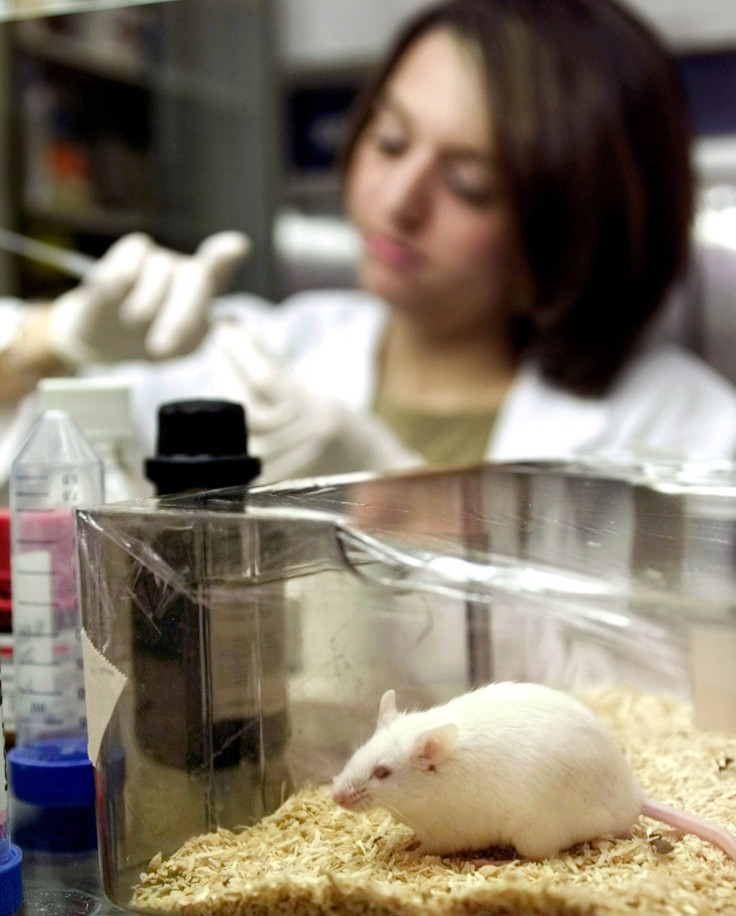Zika antibody shields mice foetuses from severe damage
The antibody may be approved a lot quicker than potential vaccines against Zika.
A monoclonal antibody found in people who had been infected with the Zika showed promising results in protecting mice against the disease. It also appeared to reduce the risk of foetal damage following the mother's infection.
Since 2015, 47 countries and territories in the Americas have confirmed autochthonous, vector-borne transmission of the Zika virus, with thousands of people infected. The disease has been associated with an increased number of babies born with congenital defects such as microcephaly or neurological disorders, like the Guillain-Barre syndrome. This prompted the World Health Organisation to declare Zika a global public health emergency in February 2016.
The development of an effective vaccine to stop the epidemics and protect pregnant women and their foetuses, as well of the rest of the population, has since then been regarded as a priority. None have been officially approved so far, although there has been successful trials in mice and macaques this summer.
The latest study, published in Nature, attempted to find a therapeutic alternative, testing the protective effects of a Zika antibody in mice.
Lead author James Crowe, from Vanderbilt University Medical Center (US), told IBTimes UK: "Vaccines are longer-term projects, they take years to be developed and licensed. Antibodies, in contrast, have a history of being safe and quicker to develop. They only offer a temporary immunity of a few weeks, but could be used as a temporary preventive measure. Our study is also the first to present an effective antiviral treatment in pregnant mice".
Finding the right antibody
The research team identified human antibodies from the white blood cells of people who had previously been infected with Zika virus. After running a series of preliminary tests, they selected one known as ZIKV-117, which appeared to have a particularly potent reaction against the virus. It broadly neutralised infection of Zika virus strains corresponding to African, Asian, and American lineages.

"In a panel of people that had been infected previously with the Zika virus, there were many antibodies which were able to bind to Zika. We did an extensive work of screening and picking the ones that were most effective at killing the virus and ended up with and handful", Crowe said.
"ZIKV-117 seemed particularly strong but if we end up conducting clinical trials, we may also test other antibodies that look strong, such as ZIKV-116, in order to have back-up plans".
Clinical trials soon
The scientists gave the ZIKV-117 antibody to a mouse model of Zika virus infection. Pregnant mice received it before and after getting infected.
The scientists then observed a reduced viral load, in both mother and foetus. The offspring also seemed to sustain much less damage if their mother had received the antibody.
"In mice, foetuses with a high viral load are so damaged that they disappear. When given the antibody foetus' survival rate stood at 95 to 100% but without, none of them survived the infection. The antibody allowed foetus and placenta to remain healthy", Crowe pointed out.
Although pregnancy in mice is different than pregnancy in humans, the evidence presented in this study suggests that ZIKV-117 could benefit human foetuses and their mothers. Human clinical trial could take place in nine to 12 months, after approval from regulatory bodies.
© Copyright IBTimes 2025. All rights reserved.






















